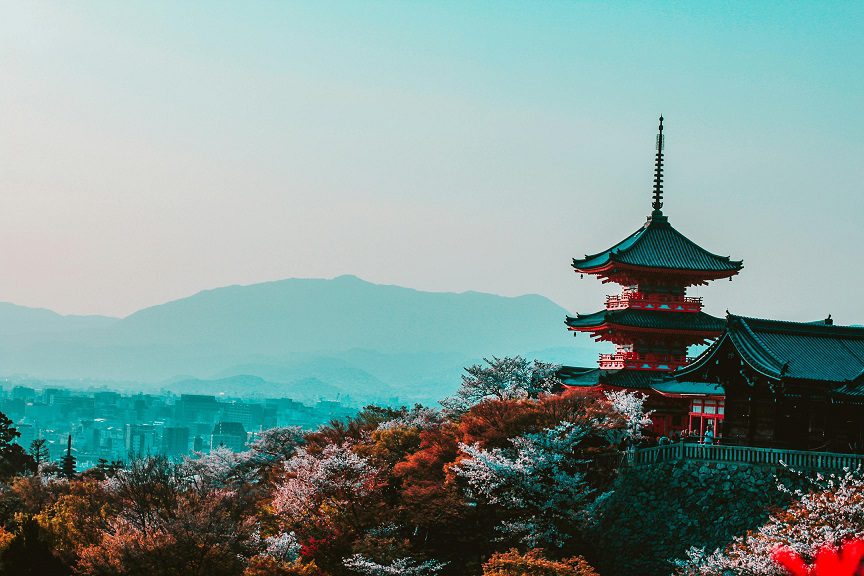
Two Weeks in Japan
I’ve just returned from an enriching two-week journey to Japan alongside my son, and my mind is brimming with newfound perspectives gleaned from immersing ourselves in another culture and world. Our expedition began in Hiroshima, where we were profoundly moved by our visit to the Peace Memorial Park, bearing witness to the poignant reminders of the devastating aftermath of nuclear warfare. It was a sobering experience, a humbling reminder of the fragility of our global community.
Our adventure continued onto the southern island of Kyushu, where we embarked on a transformative six-day sojourn with a Zen Buddhist Monk. From the serene tranquility of meditation to the mindful artistry of calligraphy and tea ceremony, each moment was an invitation to embrace simplicity and introspection. Engaging in tasks like picking grass in the rock garden, helping clean the temple’s windows and wooden floors, and preparing meals fostered a deeper connection to the rhythms of nature and the essence of mindful living. We were exposed to the importance of not dwelling on yesterday nor worrying about tomorrow, but simply being present today.
Transitioning to Kyoto, the ancient heart of Japan, and finally to the vibrant pulse of Tokyo, we were captivated by the seamless efficiency of the Shinkansen, Japan’s famed bullet train. Marveling at the precision with which tens of thousands are whisked across the country daily, we couldn’t help but draw parallels to the meticulous craftsmanship evident in every facet of Japanese life. From the artful design of train stations to the impeccable politeness and kindness of its people, Japan epitomizes a civilization dedicated to excellence, service, and humility.
Moreover, the culinary delights of Japan left an indelible impression on our senses. The quality and freshness of the food, coupled with the emphasis on a healthy diet, underscored Japan’s enviable status in global longevity rankings. Even the construction of homes and buildings, despite the premium on space, attested to Japan’s commitment to meticulous design and functionality, evident even in the remarkable advancements of their toilets, a marvel of innovation even in public spaces.
Yet amidst these reflections on Japan’s myriad virtues, a lingering question arises: why has the country’s stock market only recently reached new highs? Despite Japan’s reputation for excellence in so many spheres, the Nikkei index’s modest returns over the past three decades pale in comparison to the robust performance of indices like the S&P 500. It’s evident that the traditional focus of Japanese companies on stakeholders beyond just stockholders has impacted shareholder returns. Berkshire Hathaway’s recent foray into acquiring stock in Japan’s major trading houses suggests a potential shift in the paradigm of capital markets towards prioritizing shareholder value, a development that could herald significant changes in Japan’s economic landscape.
Nick Hoffman
